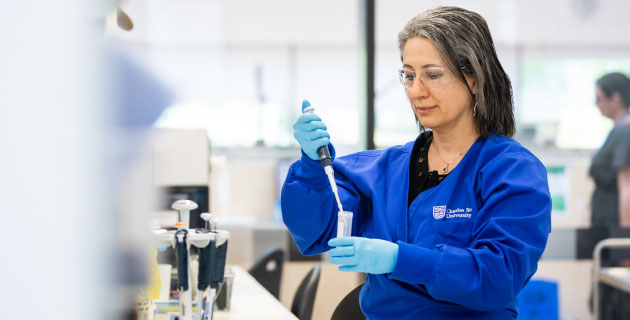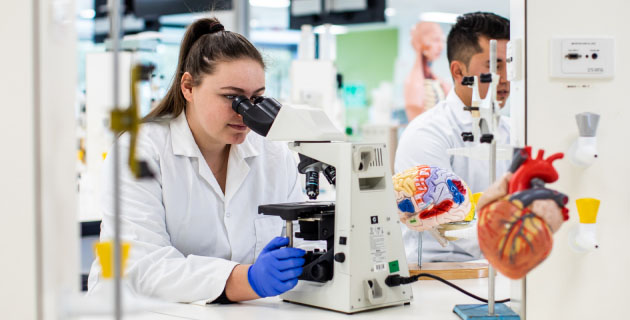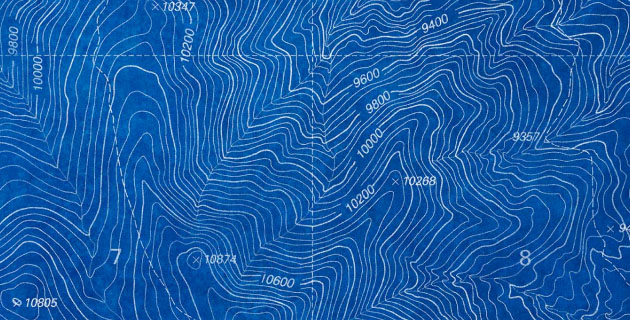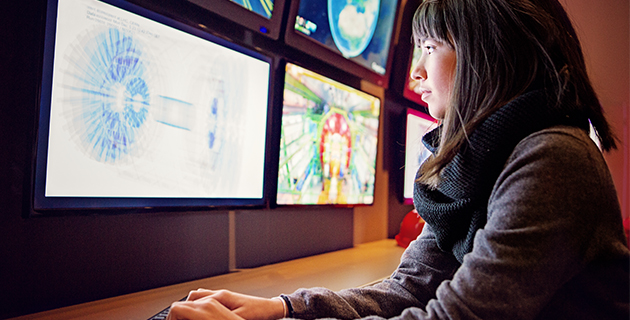Push boundaries. Make new scientific discoveries. Build tomorrow's world. Science and engineering are where curiosity, analysis, a thirst for knowledge and innovation meet.
Our science courses give you the freedom to pursue your interests – from the physical laws of the universe to the structure of our cells, from the geography of the Earth to the chemistry of medicines. And you can learn in some of the most advanced scientific facilities around. Gain an engineering qualification – civil, electrical or mechanical – and help shape a better Australia. Our engineering undergrads complete two years of paid cadetships, working on real projects throughout the course.
See how our partnership with Transgrid will develop opportunities for research and infrastructure, economic growth, and job opportunities for our students.

We've partnered with Transgrid – who manage the NSW electricity network and pioneers clean energy projects – to provide engineering students in our Bachelor of Engineering (Honours) training and employment opportunities, cadetships and scholarships. Including the Transgrid Engineering Scholarship, worth $20,000 per student.

Focus on the details of the world. How materials are made. How substances react. And how we can harness their properties. When you study chemistry, you make discoveries that can be applied to so many industries – from agriculture to manufacturing, and from medicine to forensics.

Biology is the study of life. Its structure, function, origins and evolution. When you study biology you can focus on anything from DNA and cells, to how animals interact across ecosystems. And your discoveries could help safeguard our resources, plants, habitats and animal populations.

Become a civil, electrical or mechanical engineer. Innovate and shape environments. Get practical experience and specialist skills with our unique program developed with industry partners. Graduate with a strong headstart towards becoming chartered – essential for professional engineers.

Dig deep into how our planet works with environmental and earth science. Open up a world of exploration. From soil ecosystems to climate fluctuations. Geology to hydrology. Remote sensing to sustainability. Geospatial science to restoration ecology. Study to change how we see, and preserve, our home.

Solve problems. Find answers with a mathematics degree. Studying numbers opens the door to almost any industry. From aviation to zero carbon technologies. Science to finance. Technical services to teaching. You’ll build a career analysing, constructing and applying solutions.

Discover all the possibilities the nuclear science and safety industry has to offer. Be in demand and learn unique skills to get you job ready. Apply your knowledge across the sector in areas such as mining, medicine, submarines, space, research, regulations, education, safety, manufacturing, emergency management and the military.

When you study physics, you explore the world inside, around and beyond us. You could investigate subatomic particles, or universal space-time. Create new products. Apply nanotechnology to medicine. Use climatology to help inform emissions reduction. Understand the world – then change it.

Combine data and geography to understand where and why things happen. With a spatial science degree you'll map and investigate the natural and human features of a location. Then use that data to inform the design of everything from cities to the conservation of wild ecosystems.